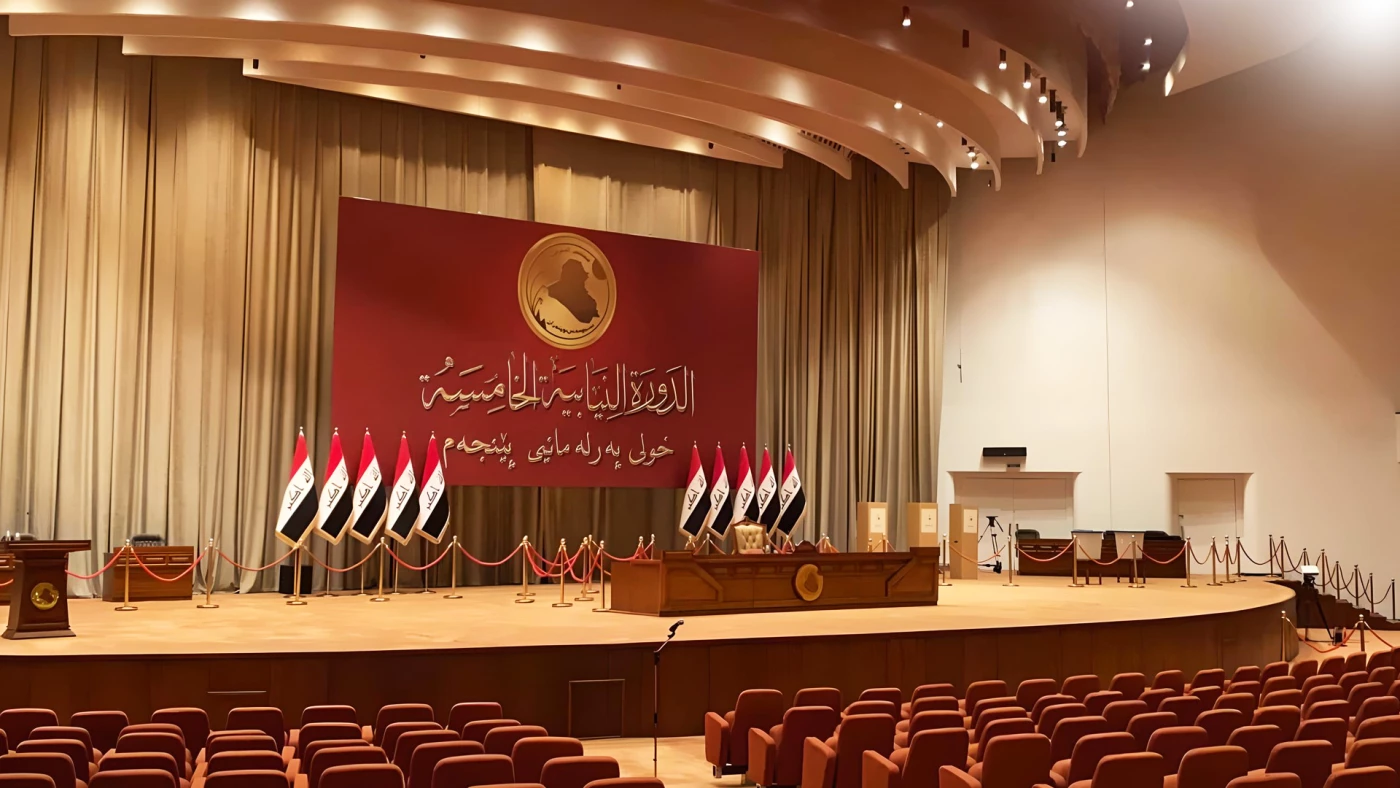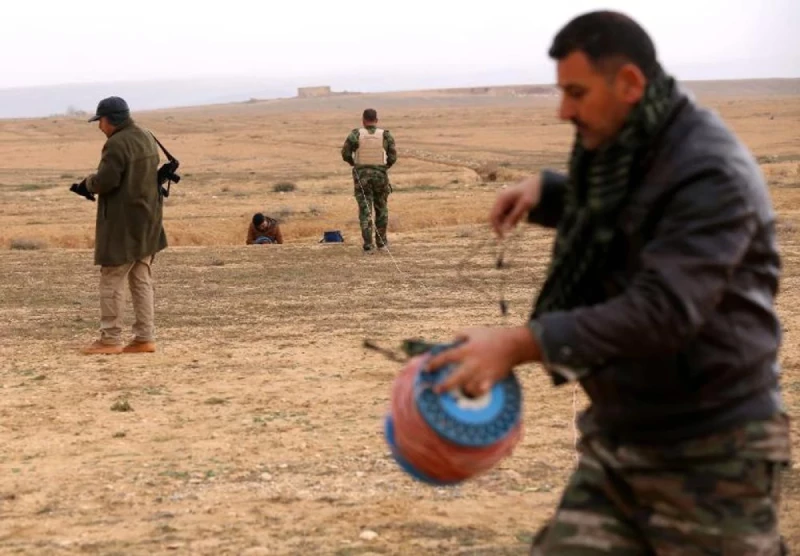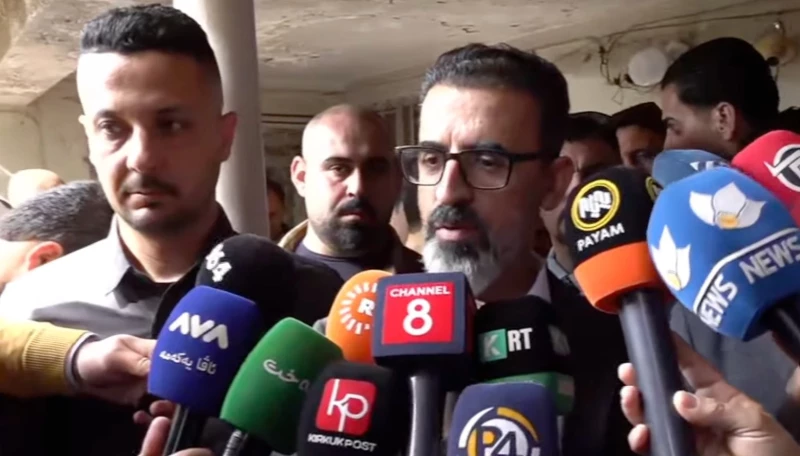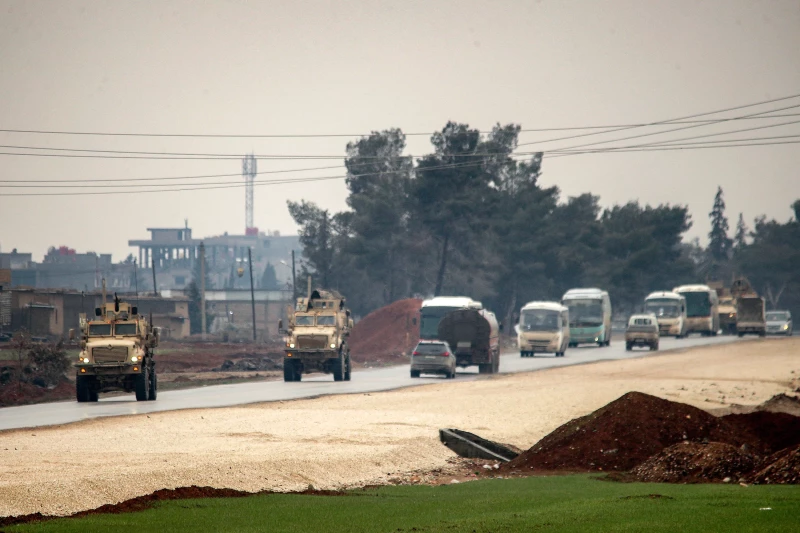BAGHDAD, Iraq - The leaders of the Iraqi parliamentary blocs have reached an agreement to vote on three proposed laws in one basket, the most prominent of which is the controversial amendments to the Personal Status Law, Iraqi lawmakers told The New Region.
It is not clear when the three laws will be voted on, but proceeding with the proposed amendments-presented by most of Shiite Parliamentary Blocs to the Personal Status Law, which could legalize the marriage of underage girls, despite popular objections, will deepen the gap between the Shiite political forces and their masses in the central and southern provinces and may lead to the outbreak of widespread popular protests.
The general amnesty law, which the Sunni parliamentary blocs are demanding, is the second bill that is agreed upon, while the third, which the Kurdish blocs are demanding, is the law to return the properties covered by some of the decisions of the dissolved Revolutionary Command Council to their owners.
The leaders of the parliamentary blocs met on Wednesday in the parliament and stipulated that none of these three laws would be voted on, without the other two, MPs told The New Region.
Wednesday’s meeting, which lasted for hours, witnessed heated discussions and quarrels between the attendees, but it resulted in the leaders of the parliamentary blocs agreeing to make some changes to the proposed laws, “to absorb furious local reactions and avoid provoking international human rights organizations,” MPs told The New Region.
Raising the proposed minimum age for girls to marry to 15 instead of the nine to ten years of age that had previously been discussed, and amending the age of custody of a divorced mother to seven instead of two years, are the most prominent amendments that will be made to the draft of the proposed personal status law, MPs said.
“These amendments, although less than what we had hoped for, are essential and preserve the rights of all members of the Iraqi family,” Nissan al-Zayer, head of Thabitoun parliamentary bloc, told The New Region. “We are not against any amendments to the laws, provided that they do not conflict with the public interest.”
“Therefore, we consider the acceptance of the major blocs to amend these articles to be a major achievement in limiting the expected damage, at the very least.”
The Kurdish parliamentary blocs were seeking in the session, attended by the leaders of the blocs, to cancel the effects of the Arabization policy pursued by the banned Baath Party regime for more than three decades, which was represented by the displacement of Kurdish and Turkmen families from their lands in the provinces of Diyala, Salahadin, Kirkuk, and Nineveh, granting their lands to Sunni Arabs to establish Arab villages in areas with a Kurdish and Turkmen majority.
In Kirkuk alone, more than 130,000 dunams were seized and their Kurdish and Turkmen owners were displaced during the period extending from 1975 to 1979, according to Fahmi Burhan, head of the Disputed Areas Authority in the Kurdistan Region.
The real estate restitution law-presented by the Kurdish Parliamentary blocs, has been one of the major disputes with the leaders of the Sunni parliamentary blocs, MPs said.
The draft of the law proposed to return these lands to their Kurdish and Turkmen owners, but Sunni leaders believe that this would be an "unfair" decision against their current Arab and Sunni owners who have lived on these lands and invested in them for the past five decades.
The attendees agreed that the central government forms committees to evaluate these lands at current prices and pay their values to their original owners, with the compensation amounts being allocated and included in the annual budget and voted on later, MPs said.
“The ownership of these lands is proven by deeds and contracts. Returning them to their owners is a right and a duty,” Mahdi Karim, a member of the Kurdistan Democratic Party (KDP) bloc, told The New Region.
“This problem has not been resolved for more than two decades due to the lack of agreement between the parliamentary blocs. Now an agreement has been reached on how to resolve it and we are waiting for the law to be voted on in the parliament,” he said.
“There will be no voting now because the agreement requires voting on the three laws in one session, so we are waiting for the rest of the blocs to complete their amendments to the Personal Status and General Amnesty laws, so we can move forward.”



 Facebook
Facebook
 LinkedIn
LinkedIn
 Telegram
Telegram
 X
X


